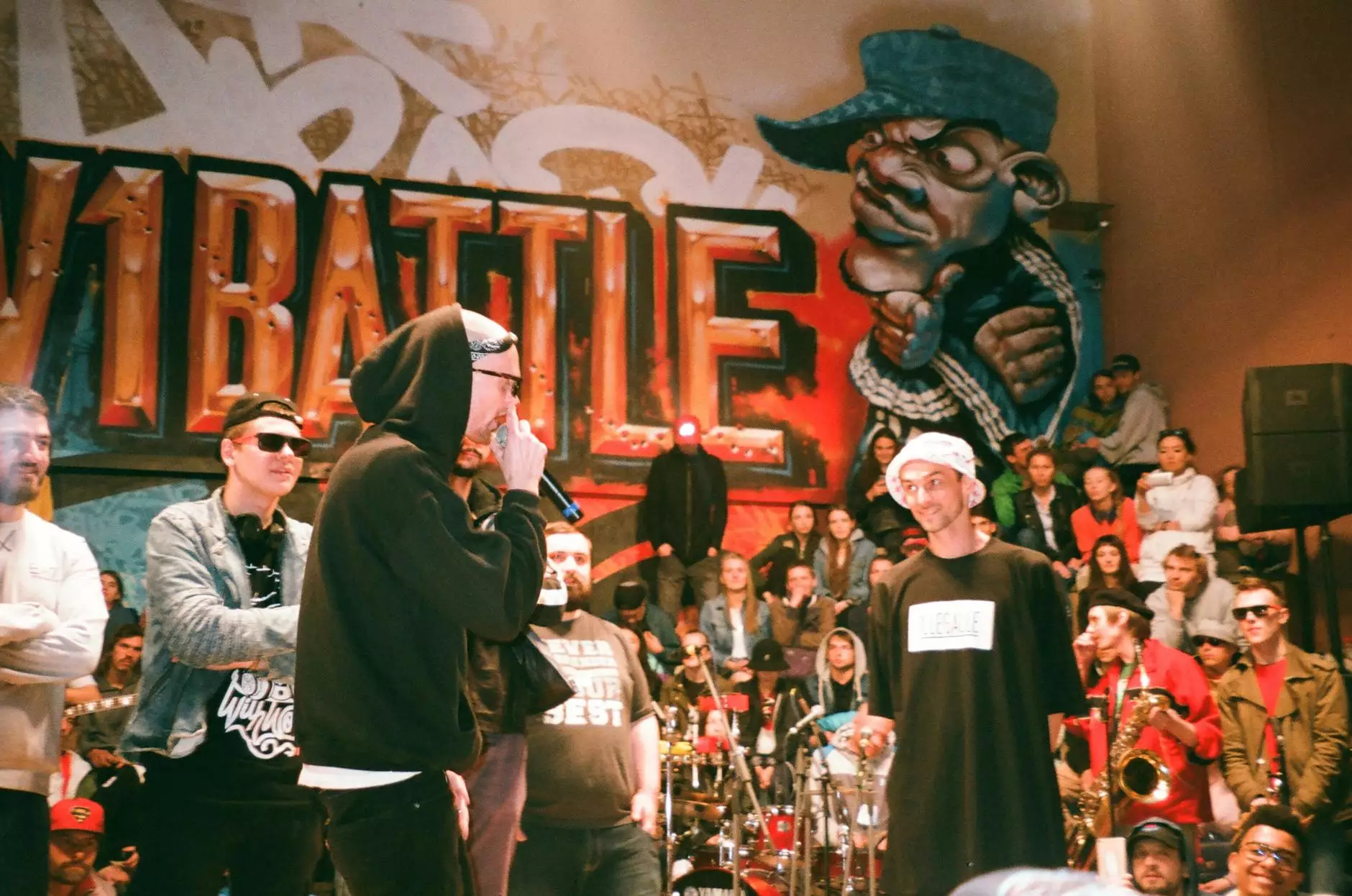Fight the Power: How Hip Hop Changed the World
Criminal Justice
The Rise of Hip Hop and Its Influence
Hip hop, a cultural movement that emerged during the 1970s in the South Bronx, New York City, has since evolved into a powerful force that has profoundly impacted society, politics, and business. What started as a form of expression for marginalized communities has become a global phenomenon, shaping the way we think, dress, and communicate.
The Cultural Revolution
Hip hop challenged the status quo, offering a platform for individuals to share their stories, struggles, and aspirations. It provided a voice for those who had been silenced, allowing them to express their experiences in a raw and unfiltered manner. Through its lyrics and beats, hip hop became a vessel for social commentary and a catalyst for change.
The Power of Words
Lyrics are at the heart of hip hop, with artists using their words to convey powerful messages, highlight social injustices, and demand equality. The poetry and storytelling embedded in hip hop lyrics captivate audiences and provide a deeper understanding of the realities faced by marginalized communities.
Giving Voice to the Voiceless
Hip hop amplifies the voices of those who have traditionally been unheard, shining a light on issues such as racial discrimination, poverty, and police brutality. Through powerful verses and thought-provoking lyrics, hip hop challenges the status quo and demands attention to these pressing social issues.
Embracing Diversity and Empowering Individuals
One of the most remarkable aspects of hip hop is its ability to bring people from different backgrounds together. It transcends geographic boundaries and unites individuals under a common passion for music and self-expression. Hip hop encourages diversity, challenging stereotypes and fostering a sense of belonging for those who may feel marginalized.
Street Style to Global Fashion
The influence of hip hop extends beyond music, permeating fashion, art, and popular culture. From baggy clothing and sneakers to elaborately designed bling, hip hop fashion has become a global phenomenon. Brands and designers capitalize on the hip hop aesthetic, creating clothing lines and accessories that cater to this style and attract audiences worldwide.
The Business of Hip Hop
The rise of hip hop has not only impacted culture but also opened up new avenues for entrepreneurship. Artists have become powerful brands, with their music serving as a launching pad for a range of business ventures. From fashion labels to record labels, artists leverage their influence to create successful businesses. The hip hop industry has created countless employment opportunities and contributed significantly to the economy.
Bridging Generations and Inspiring Change
Hip hop's reach extends far beyond its original origins. It has influenced subsequent generations, continuing to shape music, fashion, and societal norms. Young artists draw inspiration from hip hop pioneers, and its impact can be heard in various genres, from pop to rock.
Reshaping the Music Industry
Hip hop revolutionized the music industry, challenging traditional notions of what constitutes popular music. Its influence can be seen in how music is produced, marketed, and consumed. Streaming platforms and social media have further expanded the reach of hip hop, connecting artists directly with their fans and breaking down barriers to entry.
Social Activism through Music
Hip hop has always had a strong focus on social justice, with artists using their platforms to raise awareness and effect change. From Public Enemy's "Fight the Power" to Kendrick Lamar's "Alright," hip hop songs have served as anthems for social movements. The genre continues to inspire and mobilize individuals to address issues of injustice and inequality.
In Conclusion
Hip hop's impact on the world cannot be understated. It has transformed culture, empowered individuals, and sparked important conversations. Nevada Business Chronicles celebrates the profound influence of hip hop, recognizing its role in shaping society, business, and the future. Join us as we explore the legacy and ongoing evolution of this cultural phenomenon.




